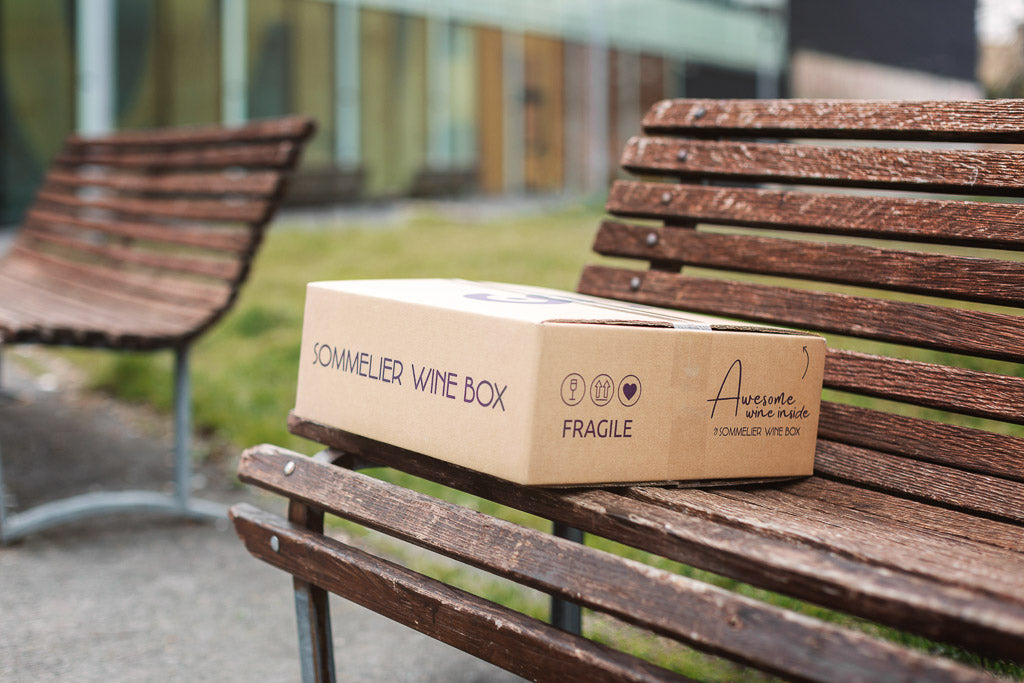Today, the more we move away from a lifestyle in harmony with nature, the more we chase organic products, a healthy and simple life, sport, meditation... The rhythms of peasant life - in which there was no shortage of of working outdoors - are a distant memory for most of us. And the search for natural wine is today more than ever a central theme in the world of wine.
Here's what you need to know about natural wine.
What is naturalness ?
The correspondence to an internal or external order, motivated by nature , according to the best-known Italian dictionary.
Naturalness , as a return to the zero degree of life (zero as the perfect measure !) is an impulse too profound not to listen to it. We therefore find ourselves artificially reconstructing what was the normal state of things for past generations: seasonality of products, physical exercise, balanced nutrition, life in the open air...
And natural wines , what are they?
In the world of wine today there is a strong discussion about naturalness, but what are natural wines? Francesco Cannizzaro , sommelier of the month of September 2018 , suggests this definition:
wines free of chemical additives and produced with working methods that involve the least possible number of interventions, both in the vineyard and in the cellar.
Natural wine is that which, by the precise will of the winemaker who produces it, excludes all synthetic chemical substances: the only additive allowed is sulfur dioxide, in small quantities, to stabilize the wine.
Natural wine can only be obtained with agronomic practices that respect the phases of the moon, which aim to maintain the fertility of the earth, making the plants immune to diseases. The key, in fact, is to bring perfectly healthy grapes to the cellar.
There is no shortage of political connotations: Diletta Sereni recently wrote that natural wine was born as
a political reaction to industrial viticulture which since the 1960s has impoverished the soil, poisoned the fields and transformed wine into a drink adjusted to adapt to market demands.
The naturalness of wine is therefore a precise human operation , a choice of those who want to try to get closer to a natural order. Almost a utopia .
This is perhaps why natural wine is cloaked in great charm.
How do you recognize a natural vineyard?
Vegetation between the rows, spontaneous herbs, a certain - vital - disorder.
Consequences of "natural" management of the vineyard?
Low vine yields;
wines with ancient and special tastes;
unconventional colors.
Who produces natural wine?
Courageous winemakers, in love with the land.
Who drinks natural wine?
The same ones who drink the other one, if they are curious.
Are natural wines good?
Yes, the ones done well.
Can you drink an entire bottle of natural wine without getting drunk?
This is absolutely worth testing.




